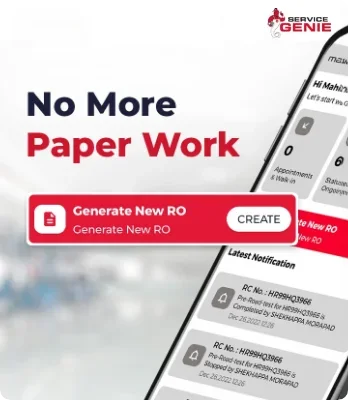Our end-to-end QA and testing services enhance software reliability for startups to global enterprises, ensuring operational efficiency, security, and superior user experiences.
Quality Insights
Redefined
Utilizing cutting-edge automated testing tools, our QA services streamline processes, enhance performance, and secure software integrity in today’s competitive tech landscape.

Automated & Functional Insights
Merging automated solutions with deep functional analysis for peak software excellence.

Performance & Security Assurance
Guaranteeing resilience and protection with detailed performance evaluations and security audits.

User Experience & Stability Checks
Enhancing interfaces for seamless interaction while maintaining consistent functionality across updates.

Holistic Quality Strategies
Integrating all aspects of quality assurance, from automation to user satisfaction, for comprehensive software integrity.
Our strategic approach to QA and automated software testing ensures software that is not only ready for today but adaptable for future market demands.

Quality at Every Step
Our comprehensive QA strategies cover all bases from functionality to security.

Innovation in Testing
Leading the charge with the latest in automated and manual testing techniques.

Building Trust
Prioritizing your software’s security to build trust with your users.

Enhancing User Engagement
Focused on creating engaging and flawless user experiences through meticulous testing.
Our
Case Studies
Powering Industries through Tech Transformations
FAQs - Quality Assurance & Testing Services
Automated Software Testing Services involve using specialized software tools to execute predefined tests on the software being developed, without manual intervention. This method enables teams to run a large number of tests in less time, improving efficiency and ensuring that software functionalities work as intended before they are deployed. These services are crucial for maintaining high quality in software development, especially in Agile and DevOps environments where frequent updates are common.
Almost any type of testing that follows a defined set of actions can be automated. This includes regression testing, which ensures new changes don’t break existing functionality; load testing, which tests the system’s behavior under both normal and anticipated peak load conditions; functional testing, which checks specific actions for expected results; and UI testing, which ensures the user interface works as expected and is user-friendly.
Yes, automated testing is an integral part of Continuous Integration/Continuous Deployment (CI/CD) pipelines. It helps in validating code changes more frequently and automatically, which supports quick iterations and continuous improvement in the development cycle. Integration with CI/CD pipelines ensures that new code changes are always in a deployable state and that the product meets quality standards at every stage of the development process.
Automated testing is generally suitable for projects that require frequent testing and where the tasks are repetitive and clearly defined. However, it might not be cost-effective or necessary for very small or short-term projects where the setup and maintenance of test automation would not offset the benefits. For complex projects involving multiple systems, automated testing can provide significant advantages in terms of consistency and coverage.
The cost of automated testing services can vary widely based on the complexity of the application, the tools used, and the scope of testing. Initial setup costs can be high due to the need for purchasing tools and setting up the testing environment, but these are often offset by the long-term savings in terms of reduced manual testing requirements and faster time to market.
Automated testing services boost software quality by allowing for frequent and comprehensive testing. This constant and consistent testing reduces the chances of bugs and errors making it to production. Automation ensures that every component of the software is tested under various conditions, thus minimizing the risk of failures and ensuring that the software meets the quality standards required for a successful deployment.
The benefits of using automated testing services are multifaceted. They include higher testing efficiency, faster feedback cycles, reduced manpower costs, better resource allocation, improved accuracy, and the ability to perform testing in different environments and across multiple devices simultaneously. These advantages lead to a more agile development process, quicker time to market, and a more robust final product.
There are numerous tools available for automated testing, each with specific features suited to different testing needs. Selenium is popular for web application testing, allowing for scripting in various programming languages. TestComplete is known for its broad testing capabilities across mobile, web, and desktop applications. QTP (QuickTest Professional), now known as Micro Focus UFT (Unified Functional Testing), offers extensive features for functional and regression testing. Jenkins is not a testing tool but a CI/CD tool that helps automate the deployment and use of testing tools.
Automated testing tools are increasingly equipped with AI and machine learning capabilities to handle dynamic content effectively. These tools can learn and adapt to changes in the application, automatically updating the tests as needed. This capability allows for continuous testing even as the application evolves, ensuring that the automated tests remain relevant and effective.
Choosing the right provider involves assessing their expertise in your specific industry and technology stack, the robustness of their testing process, the scalability of their solutions, and their ability to integrate with your existing workflows. It's also important to evaluate their track record and reviews from other clients to ensure they can deliver high-quality services consistently.
Next Level Tech,
Engineered at the Speed of Now!
Are you in?
Let Neuronimbus chart your course to a higher growth trajectory. Drop us a line, we'll get the conversation started.
































